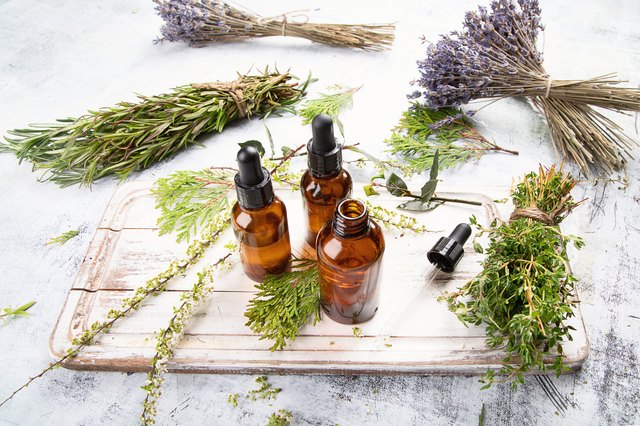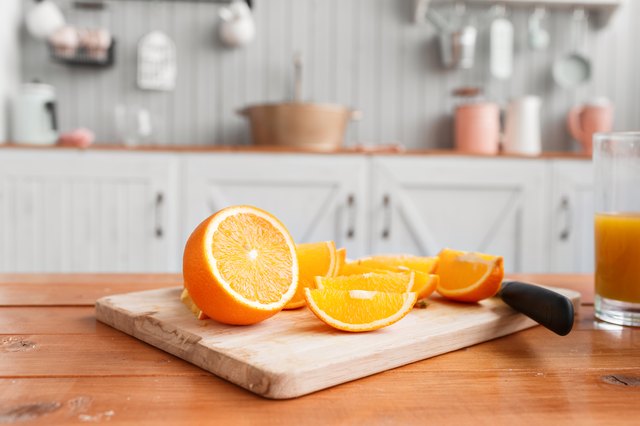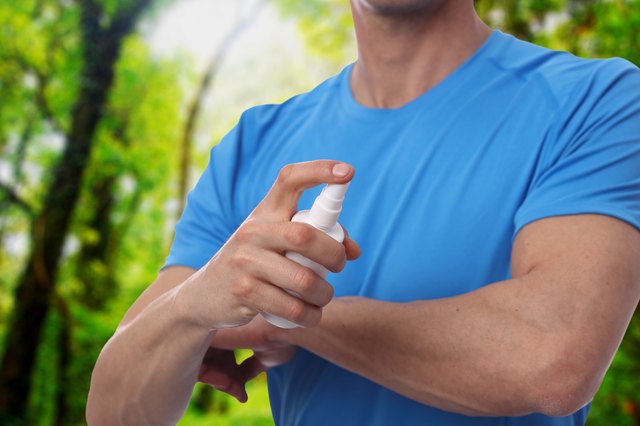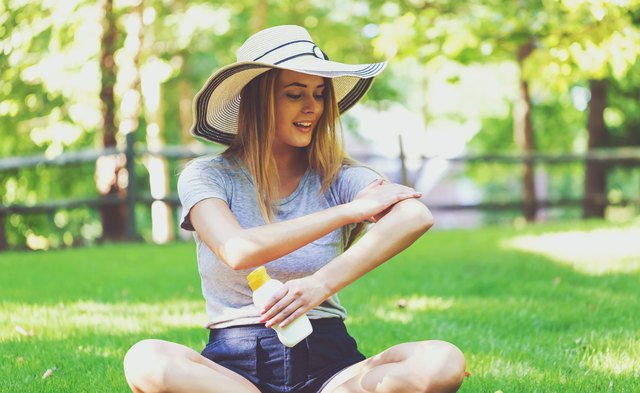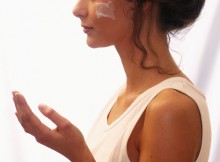8 natural ways to protect skin from sun and insects
Advertisements

Advertisements
it's important to protect your skin from the sun and insects all year round, especially in summer. Sunlight can damage the skin, leading to premature aging and cancer. Insect bites are not only uncomfortable, but also related to diseases. According to the American Academy of Dermatology, one in five people will be diagnosed with skin cancer in their lifetime. Therefore, they recommend using a broad-spectrum waterproof sunscreen with a sun protection factor of 30 or higher. Although appropriate sunscreen is considered to be the front line of skin protection, there are many natural products - oral and topical - that have been shown to help protect the skin from sunlight and deworming. Please continue to read more about how to protect your skin!
Credit: rawpixel / iStock / gettyimages 1. Japanese seaweed researchers have found that antioxidants in some edible seaweeds help protect skin from wrinkles when exposed to ultraviolet B (UVB) light. UVB radiation is the wave frequency that causes most skin redness and sunburn. The animal study of
" what's particularly attractive about tomatoes is that cooking makes lycopene more bioavailable to your body. That's why you can add canned tomatoes or other tomato products to your diet, such as salsa or tomato sauce, to make your body so much better. " Other studies have shown that supplements of 8 to 16 milligrams of lycopene a day, including eating tomatoes or tomato sauce, show protection against UV radiation.
read more: bulletproof Dave Asprey talks about how to attack your best self with biological hacker
Credit:celery
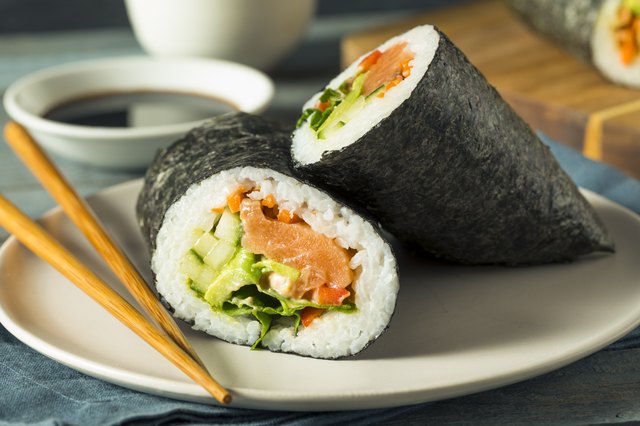
of course, you know you can eat celery, but do you know you can also apply celery extract locally? Help prevent mosquito bites? Cool! In 2004, a study found that local application of celery extract can provide up to 3 hours of mosquito bite protection, which is equivalent to DEET (chemical N, n-diethyl-m-toluidine). It should be noted that these studies are limited to local application, and the consumption of celery may not help the insect repellent. But celery is a very healthy food, and it can cool down, so you can definitely continue to enjoy it for other health reasons.
Credit: Credit: drop / iStock / gettyimages Credit: pecahoto77 / iStock / gettyimages 2006 published in the Journal of medical entomology found that lemon eucalyptus oil and other vegetable oils such as lavender, citronella, geranium, cinnamon, Jiang Huang, sandalwood, cedar and soybean may be potential nontoxic alternatives to DEET. This is found in insect repellent spray, which prevents mosquitoes and ticks from biting insects. Previous studies have shown that although the effect of lemon eucalyptus oil is slightly worse than DEET, the essential oil can still play a better role in insect repellent. Because essential oils are volatile, or transient, their protection is the most effective first hour application. In order to avoid the potential risk of contact with the disease through insect bites, it is necessary to wear protective clothing to avoid the infected habitat. Credit: bit245 / iStock / gettyimages plants can protect themselves from UV by antioxidants, especially the presence of vitamin C and E in leaves and stems. A 2003 study in the Journal of the American Academy of Dermatology found that these vitamins, together with vitamin E and melatonin, can be used for local treatment in humans or animals to prevent skin redness or damage due to sun exposure. In addition, vitamin C, together with vitamin E and melatonin, has a similar positive effect on the local treatment of human body or animals.During or after). You can store vitamin C in many fresh fruits and vegetables, such as red pepper, strawberry, broccoli, papaya and pineapple. Sunflower seeds, almonds, spinach, Swiss beets and avocados are good sources of vitamin E. Credit: markovstok / iStock / gettyimages there are many myths about anthelmintic food that have not been supported by science. Garlic and B vitamins are classified as "possibly invalid" in the natural medicine database. A small-scale study of 1500 mg garlic extract capsule showed that the number of tick bites in the intervention group only slightly improved. An expert review of evidence to avoid insect bites, published in the New England Journal of medicine, found that DEET and ir353, another chemical repellent, worked best. They also reviewed products mentioned earlier in this article, such as lemon eucalyptus oil and other essential oils and vegetable oils, and found some benefits. However, the review also concluded that garlic and vitamin B should not be considered as a natural anti bite method. Advertisements Credit: chesiirecat / iStock / gettyimages and antioxidants and oils to prevent sun damage and insect bites, which does not weaken the importance of sunscreen and insect repellents. "Skin cancer is deadly, but by developing good sun protection habits, you can reduce the risk of melanoma and non melanoma skin cancer, as well as the signs of aging," said Emily Archie, MD, dermatology and aesthetics at Willow Park in Chicago. Reapply at least every two hours - more often if you sweat or swim. Hats, sunglasses and sun suits also provide good protection, especially for babies too young to use sunscreen. Avoiding sunlight between 10 a.m. and 4 p.m. helps prevent exposure to the most intense ultraviolet radiation of the day. " Credit: melboman / iStock / gettyimages what experience do you have in skin health? Have you found any food or natural products that are useful to you? Do you think we should include other suggestions? Please let us know in the comments below! Credit: monkeybusinessimages / iStock / gettyimages Advertisements 4. β - carotene is a compound found in pumpkin, pumpkin, sweet potato and other orange vegetables, apricot, Hami melon and other fruits. It supports the immune system and the eyes, but has also been shown to protect the skin from redness and sensitivity to sun radiation damage and may prevent premature aging, including wrinkles, pigmentation, dryness and lack of elasticity. It provides less effective protection and works by setting up a few weeks in the system rather than working immediately. Supplements ranging from 25 to 180 mg for 10 to 12 weeks have been shown to reduce skin redness after sun exposure. Keep in mind that the research doesn't show any benefits in skin cancer prevention, so you still need extra sunscreen, clothing, etc.
5. The antioxidants in green tea, called catechins, have been shown to prevent inflammation associated with sunburn and UV damage. In a small human study, subjects took 540 mg of green tea catechins and 50 mg of vitamin C over a 12 week period, and the researchers found a significant reduction in redness after UV exposure. 402 mg catechin lasted for 12 weeks, and the redness and swelling associated with sunlight also improved. Be sure to keep hydrated and add green tea to your diet, but proper sun protection is still the best way to prevent sunburn.
6. The study of natural flavor oil
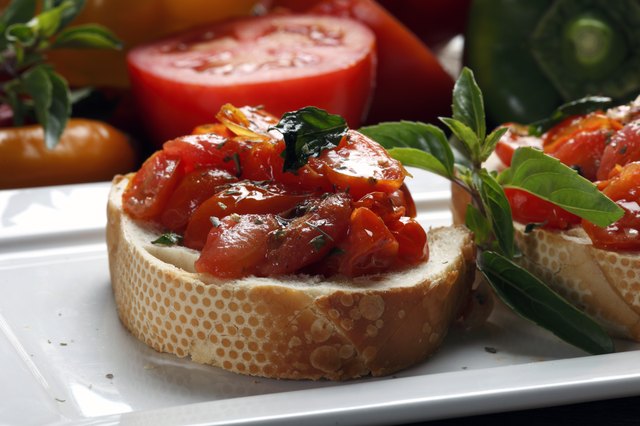
7. Melatonin is a hormone produced in the body mainly by the pineal gland, which helps us sleep. Some people take melatonin as a sleep aid or adjust their time while traveling. Researchers now know that melatonin is present in other parts of the body, including the skin. There is evidence that melatonin can protect skin from ultraviolet radiation and other environmental stresses. Many sunscreen studies on melatonin are done with other local antioxidants, vitamin E and C. be. Before starting products like melatonin, be sure to talk to your doctor to make sure it doesn't interact with other drugs you take.
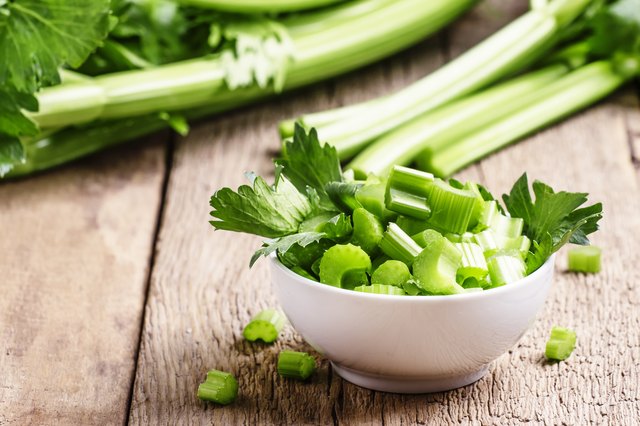
anthelmintic myth
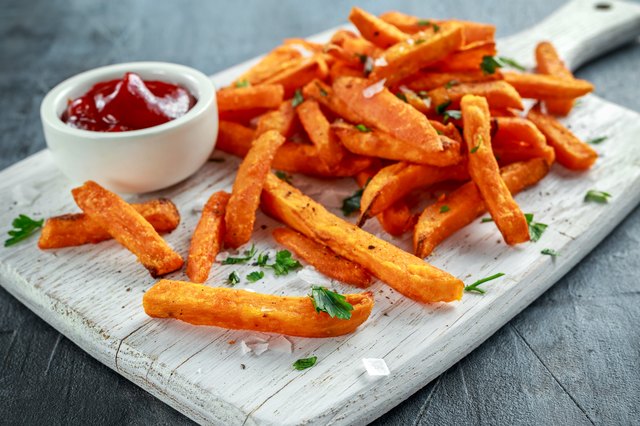
don't forget sunscreen
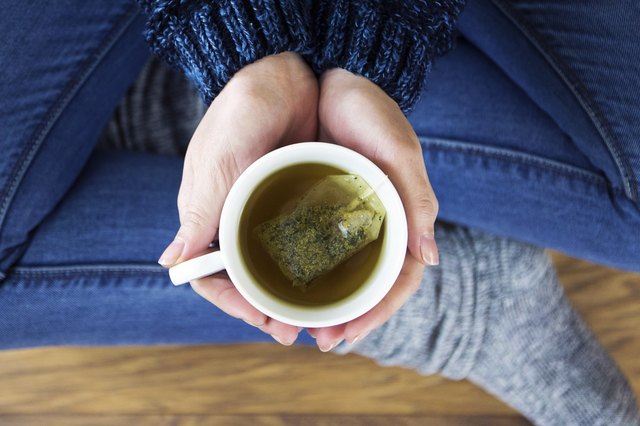
What do you think?
